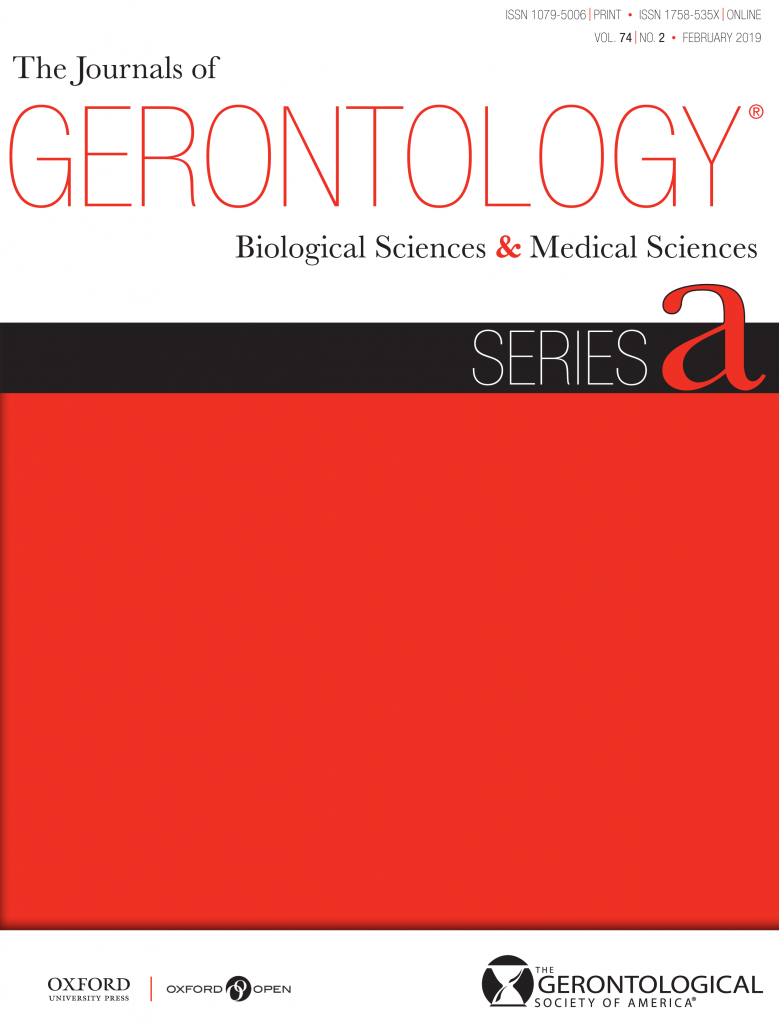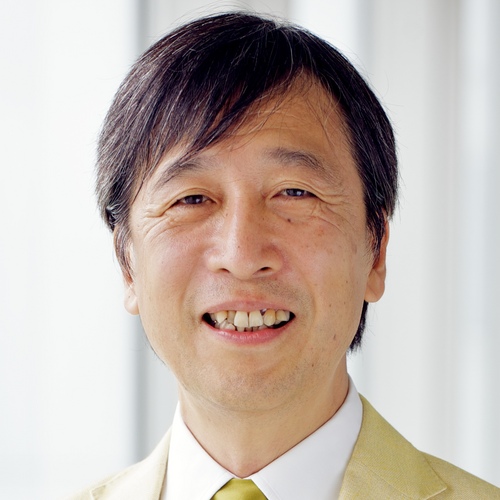Before we present this week’s Weekend Reads, a question: Do you enjoy our weekly roundup? If so, we could really use your help. Would you consider a tax-deductible donation to support Weekend Reads, and our daily work? Thanks in advance.
The week at Retraction Watch featured a showdown over a paper on abortion laws that left no one happy; the retraction of a highly cited paper for “overlap;” and three retractions for researchers whose university stopped responding to a publisher. Here’s what was happening elsewhere: Continue reading Weekend reads: Sokal on Sokal Squared hoax; is open access enough?; replication in the humanities








